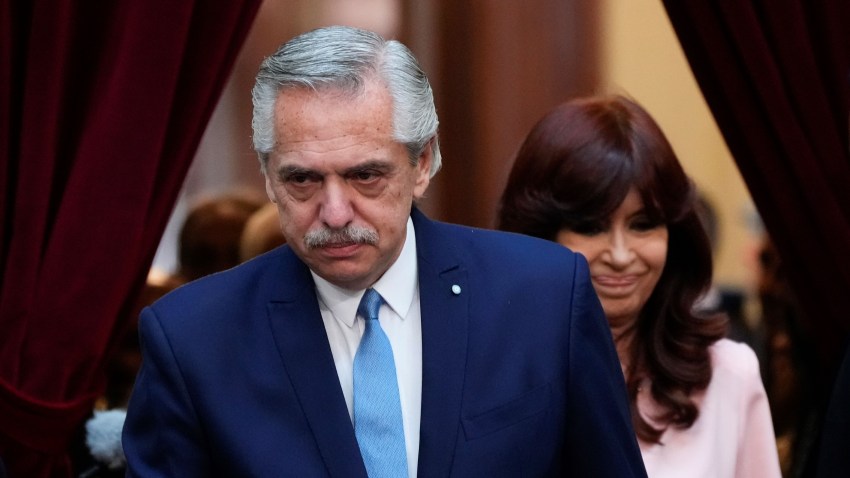On March 1, Argentine President Alberto Fernandez was scheduled to give his annual speech to Congress, in which he was expected to roll out his proposed policies to address the country’s economic crisis ahead of elections later this year. With Fernandez’s approval rating below 30 percent in most polls, the address offered him a rare opportunity to attempt to regain the political initiative.
Hours before he was due to begin, however, the power went out in much of Buenos Aires, the country’s capital, due to a large fire exacerbated by an ongoing heat wave that has overwhelmed the electricity infrastructure. People spent hours in the summer heat without air conditioning, until power was restored in the capital and other provinces. But when Fernandez finally delivered his address to Congress, instead of offering solutions to Argentina’s problems, he focused on criticizing the Supreme Court and his political opponents. The speech was poorly received and represented a missed opportunity to reshape the political narrative.
The day’s events were symbolic of the issues Argentina faces more broadly. Some, like climate change, are beyond the government’s control but are affecting the country in ways the government must find ways to adapt and respond to. Others, like infrastructure failures, are clearly the result of decades of economic mismanagement that can be pinned largely on the current political leadership. And when political leaders choose to pick fights over solving problems, they add to the anger that citizens feel at the political class more broadly.

